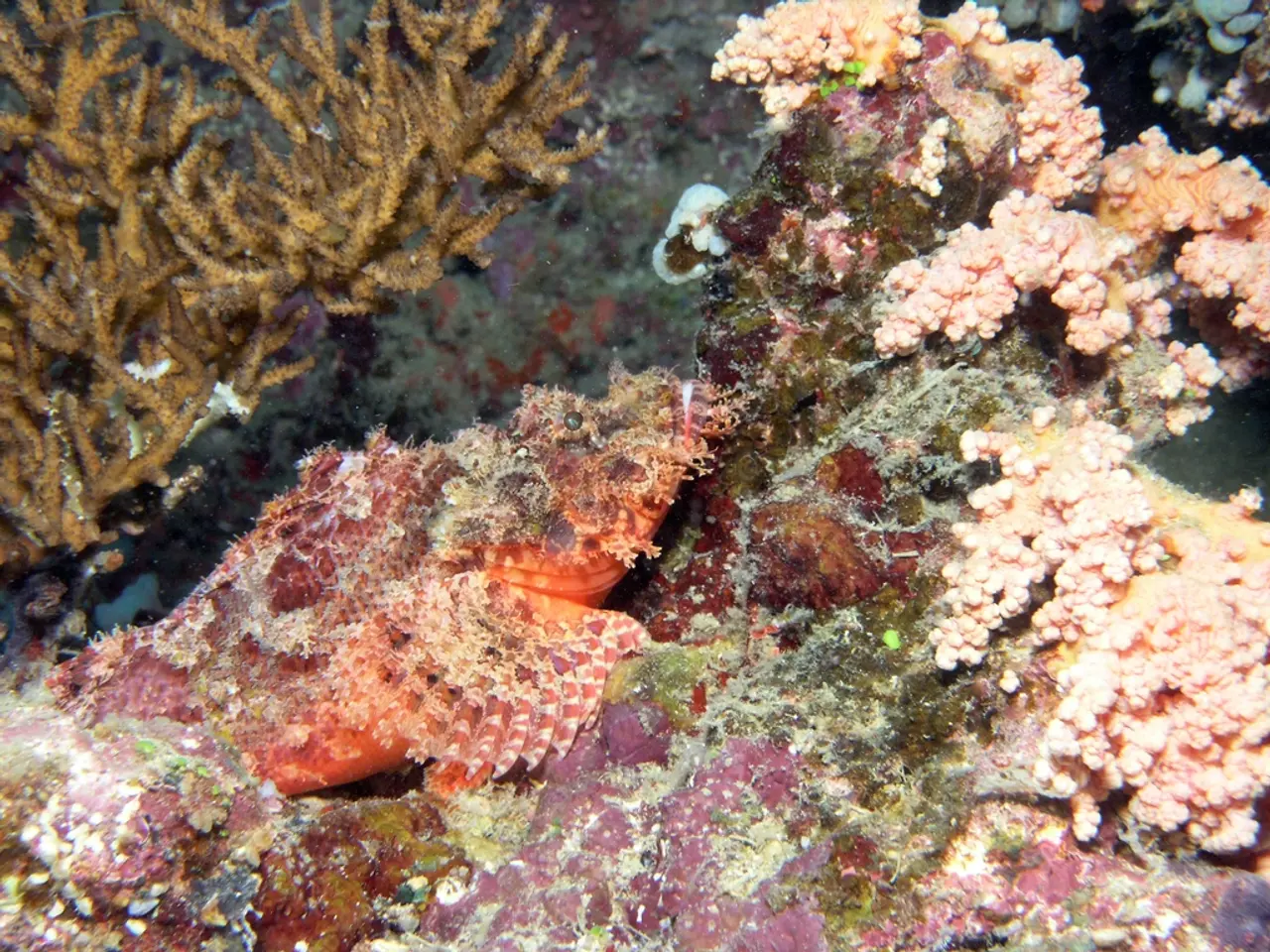Preserving Biological Diversity: The Importance of Collaborative Studies
The National Biodiversity Future Centre (NBFC), established in September 2022, marks a significant milestone in Italy's commitment to biodiversity restoration and innovation. Funded by the Ministry of University and Research, the NBFC is the country's first national research and innovation centre dedicated to biodiversity.
The NBFC serves as a national hub for research and innovation on biodiversity, with specific goals including the restoration and conservation of marine and terrestrial ecosystems, improving biodiversity resilience to environmental pressures, and supporting integrated approaches linking biodiversity conservation with human health and sustainable development.
The centre has already made strides in achieving these objectives. It has been actively involved in generating knowledge about biodiversity responses to environmental shifts, particularly in marine and terrestrial contexts. The NBFC's contributions extend beyond Italy's borders, aligning research with international policy goals and contributing to broader European and global biodiversity frameworks.
One of the NBFC's notable accomplishments is the establishment of the first national interest PhD on biodiversity, involving 25 institutions and companies. The centre has also recruited nearly 800 young scientists, with 57% being women. The NBFC has produced over 2,000 joint scientific publications, reports, and over a hundred prototypes of devices for biodiversity protection.
The NBFC's Mares (Marine Ecosystem Restoration) project has been conducting restoration activities in around 12 different marine sites and seven habitats. According to an international study led by researchers from the NBFC, marine ecosystem restoration interventions have a high success rate in over 64% of cases.
The EU regulation aims to implement effective restoration measures for at least 20% of terrestrial and marine ecosystems in poor condition by 2030, and to achieve full restoration by 2050. However, Italy currently protects only 14.5% of its marine areas, falling short of the EU regulation's objectives. The NBFC is working diligently to address this gap, collaborating with over 1,500 professors, researchers, and businesses to monitor and enhance biodiversity.
The NBFC draws inspiration from nature to generate new products and processes. Biodiversity can be a competitive advantage for businesses, potentially transforming them into champions. Sharing scientific data is essential for transforming biodiversity into concrete innovation for businesses.
The NBFC is funded with Pnrr funds with a grant of 320 million. The centre has awarded 56 scholarships in the academic year 2024/2025 for the national interest PhD on biodiversity. The EU regulation on the restoration of nature imposes binding objectives for each country, and the NBFC is committed to meeting these objectives as part of Italy's national and international commitments.
In summary, the NBFC aims to be a leading centre driving scientific research, innovation, and policy support for restoring and sustaining Italy’s biodiversity, focusing on both marine and terrestrial ecosystems as part of national and international commitments.
- The NBFC's focus on linking biodiversity conservation with human health and sustainable development is a testament to the intersection of environmental science and business, as research generates knowledge that can potentially transform businesses into champions.
- In addition to its research and restoration projects, the NBFC has established the first national interest PhD on biodiversity, funded by the Ministry of University and Research, further underscoring the significance of environmental science in addressing climate-change and biodiversity loss.
- The NBFC's work extends beyond Italy's borders, aligning research with international policy goals and contributing to broader European and global biodiversity frameworks, all while engaging with businesses to finance biodiversity projects, highlighting the crucial role of finance in environmental-science initiatives.




